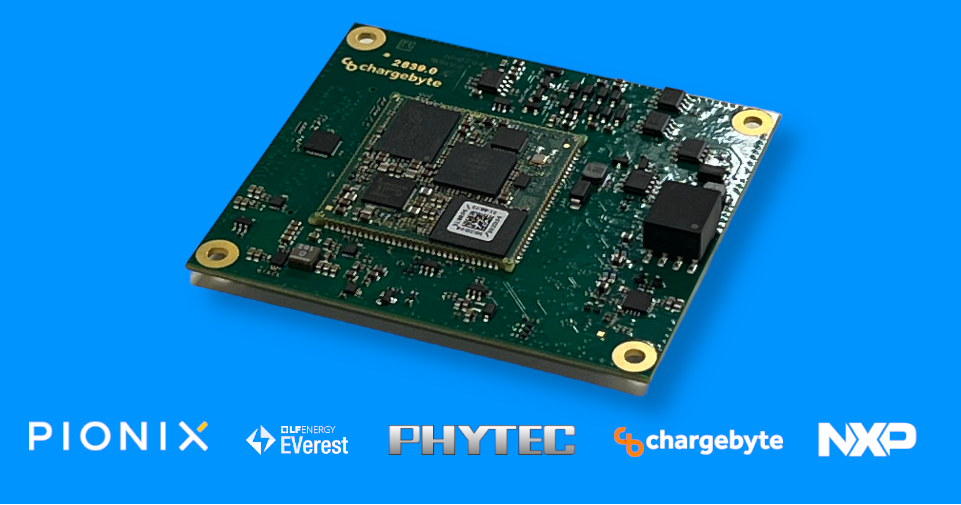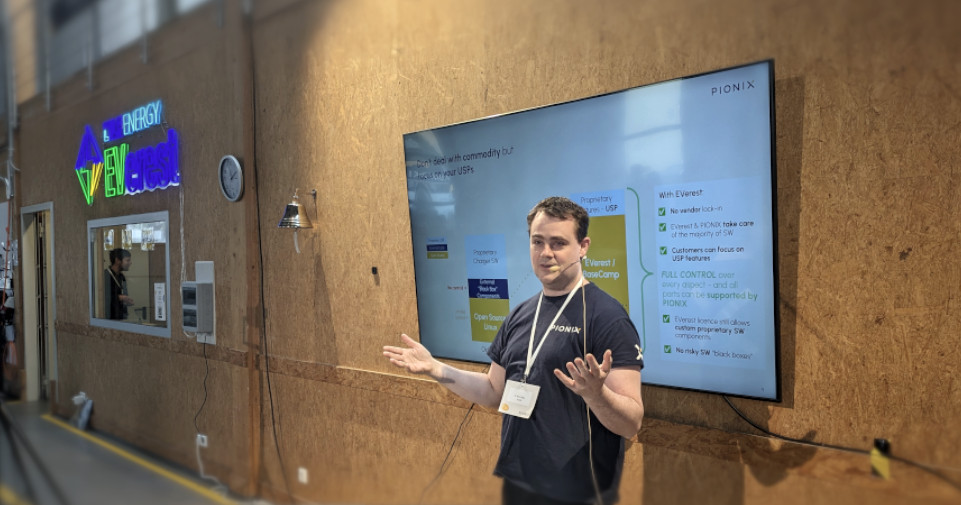In the beginning of every new project, the important and far-reaching question arises as to which programming language should be used. For current reasons, it is a good idea to keep an eye on the energy consumption of the different languages and to include this in the decision.
A study from Portugal has dealt with the different energy consumption of the programming languages. The factors speed and memory play an important role here.
For the study, the Portuguese research team took a close look at 27 programming languages of different paradigms and measured the execution time of codes as well as the peak memory utilization. They compared how time and consumption are related. Since development teams often have limited resources, the results were categorized according to different combinations of the selected characteristics.
The first three places were taken by C, Rust and C++.
We at PIONIX also chose C++, not only for efficiency reasons. Why? We wanted to set up a community project and C++ offers a lot of benefits. Although Rust is more modern, it is less common and therefore not conducive to the community project. However, by using modern C++ (version 14 and higher if possible) we have access to many modern language constructs.
But we don't want to force anything onto you. That is why in #EVerest it is also possible to implement Java Script/Python/etc. for rapid prototyping if that is desired, since each module can be written in a different language.
Image:
https://unsplash.com/photos/RyLsRzy9jIA
Photo by Niclas Illg & Jackie DiLorenzo on Unsplash.









